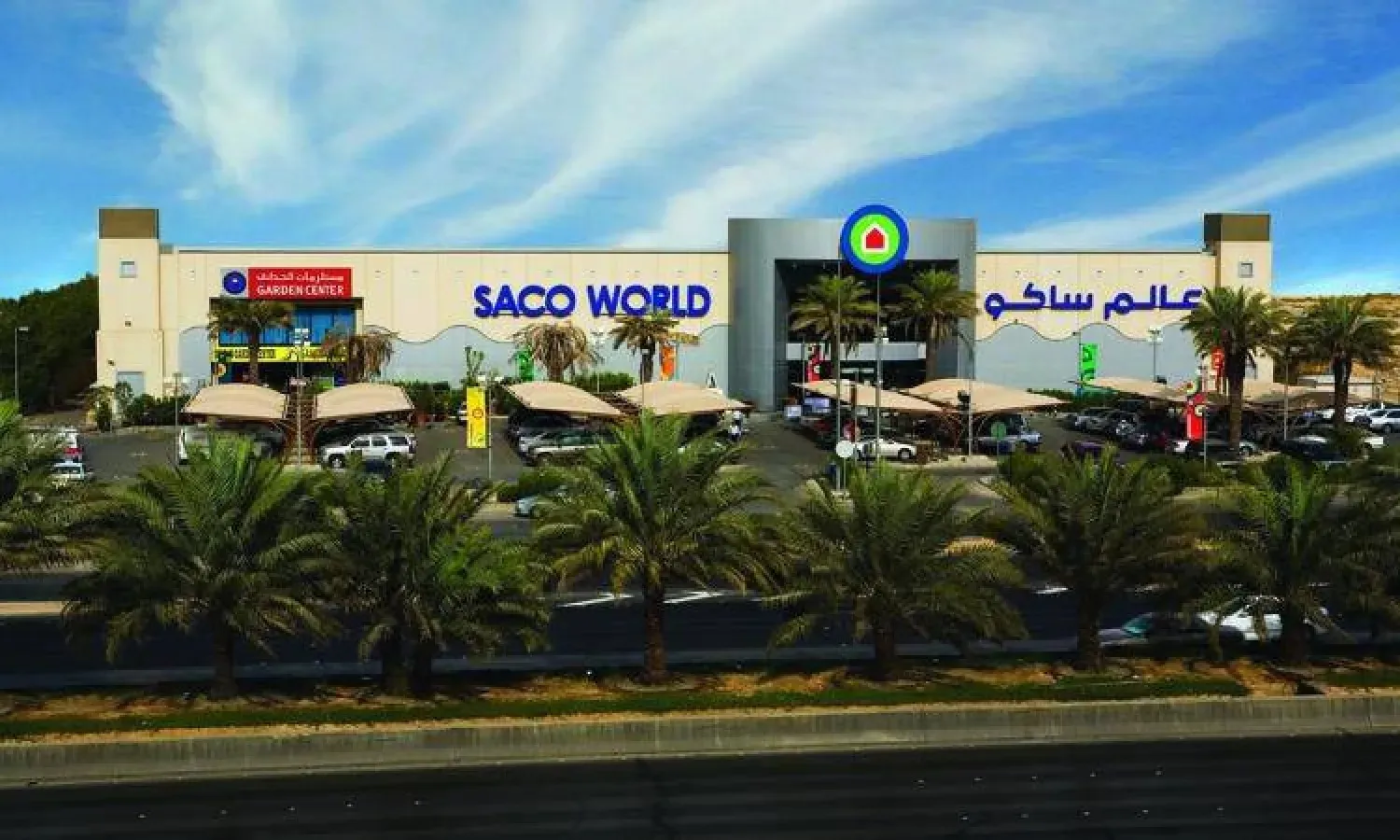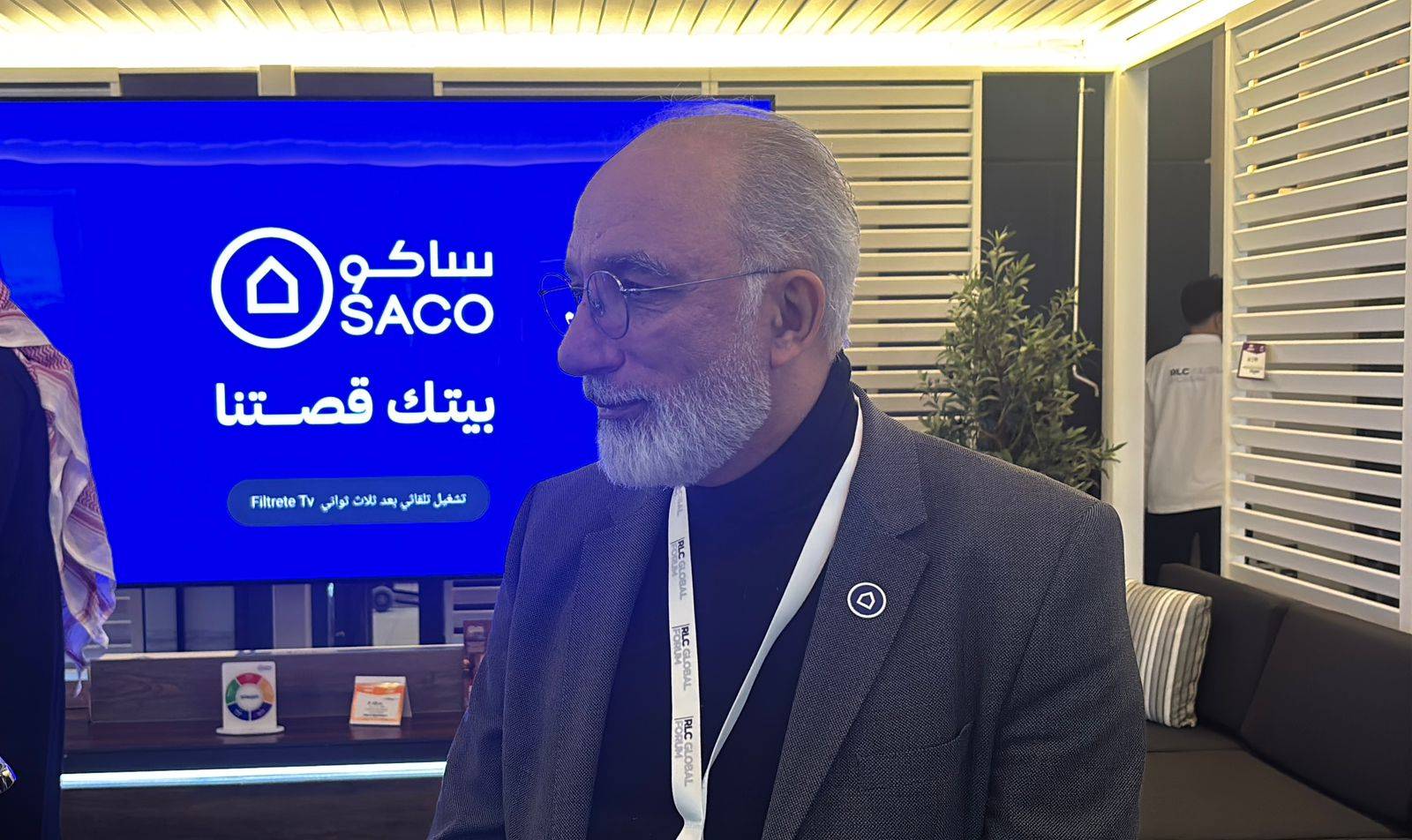Meeting a growing demand for Saudi housing funds, the Saudi Real Estate Refinance Company (SRC) signed a SAR 1.2 billion (approximately $ 320 million) deal with Dar Al Tamleek.
Dar Al Tamleek was launched in 2008 with a vision to become the Kingdom's leading expert in home financing solutions, helping people realize their goal of purchasing homes. It operates in major cities like Riyadh, Jeddah, and Dammam along with 12 other branch locations serving over 80% of the Saudi population.
The deal aims to buy a residential finance portfolio currently owned by Dar Al Tamleek and provide short-term financing over 18 months to the company.
It was inked by SRC CEO Fabrice Susini and Dar Al Tamleek CEO Yasser Abu Ateeq. This is the fifth agreement signed by the two parties, confirming the importance of the Saudi public-private sector partnership, which aims to inject more funds into the housing finance market.
SRC said that such agreements aim to empower more citizens to own homes, and to implement the Kingdom Vision 2030’s plan for the housing sector.
This is a step towards the company's goal of enabling lenders to offer more affordable housing solutions, said Fabrice Susini.
He also expressed SRC’s desire to continue its partnership with various residential finance companies and institutions.
Real estate funds are often considered one of the investment fields often seeking liquidity. However, a decline in profitability may bring unit prices downwards, forcing fund managers to increase their efforts to achieve the desired benchmark for profit set by investors.
These developments come as the Saudi economy, the largest in the Middle East, achieved positive growth set at 1.2% in its first quarter of 2018, further consolidating the feasibility of objectives for economic reform, objectives for diversifying the national economy and reducing oil dependence.
Non-oil GDP rose by 1.6% reaching SAR 371.02 billion riyals ($ 98.9 billion) at the end of the first quarter of 2018, compared with the same period in 2017.










